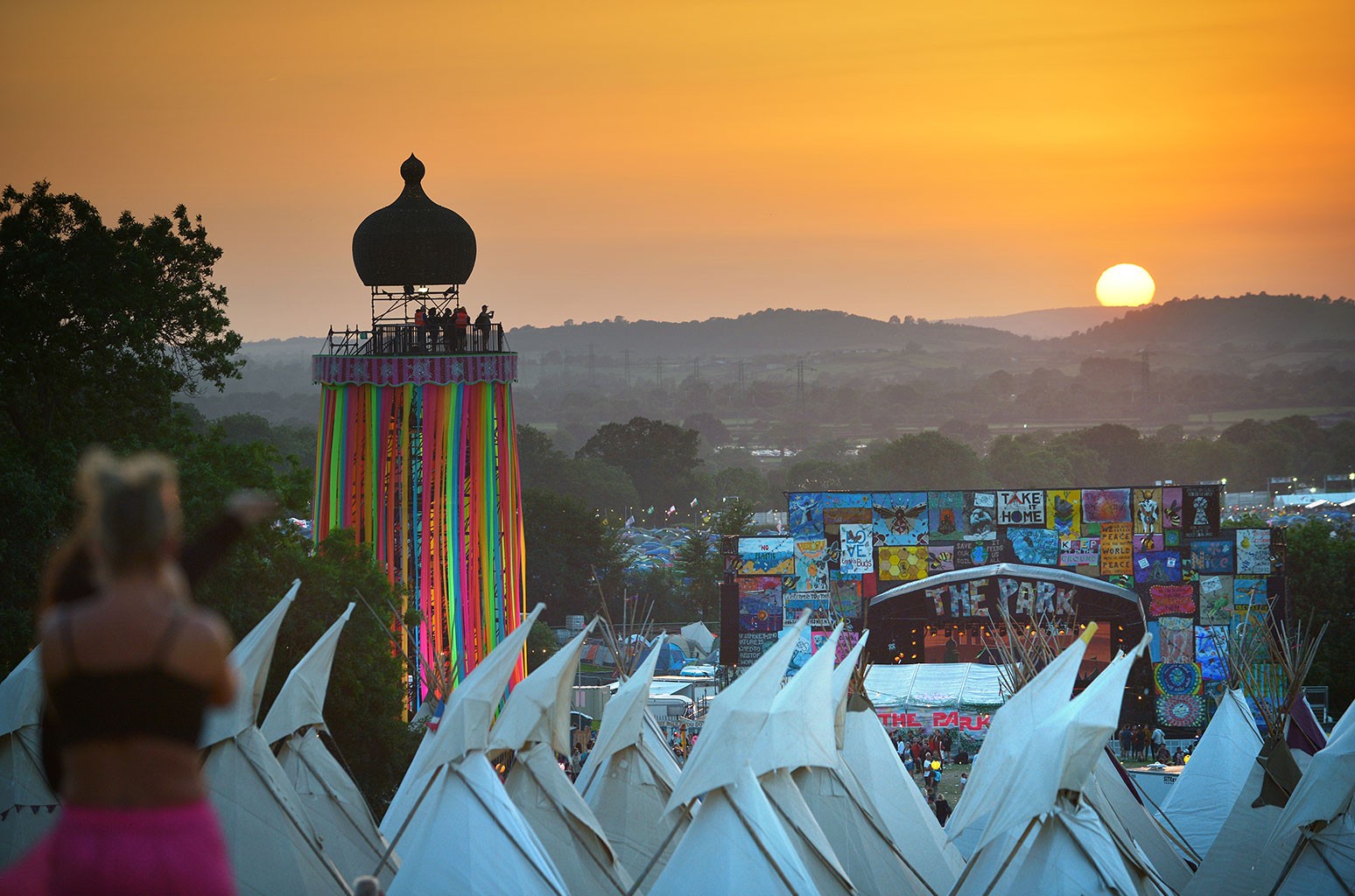“The vast majority of music festivals do not have the financial resilience to cover the costs of another year of late-notice cancellations,” said committee chair Julian Knight in announcing the inquiry’s findings. “If the commercial insurance market won’t step in, Ministers must, and urgently.”
Similar government-backed insurance schemes exist in the Netherlands, Belgium, Austria and Denmark, and, after months of delays, were recently finalized in Germany. They provide a much-needed safety net for promoters committing non-recoupable upfront costs for future events amid the uncertainty of a pandemic.
The committee’s inquiry into the future of U.K. music festivals began on Nov. 6, with Massive Attack’s Robert Del Naja, Paul Reed, chief executive at the Association of Independent Festivals, and Sacha Lord, co-founder of Parklife festival, among the execs called to give evidence before members.
UK Music CEO Jamie Njoku-Goodwin welcomed the committee’s recommendations and said the report arrived at a “make or break moment for this year’s summer festival season.”
In 2019, almost 1,000 music festivals took place in the U.K., attended by more than five million people and contributing £1.7 billion ($2.4 billion) to the economy, according to the umbrella industry association LIVE. Last year, all but a handful of socially distanced events were cancelled as a result of COVID-19, leading to a 90% fall in revenues.
This year has also seen the cancellation of more than a quarter of U.K. festivals with capacities of 5,000 or more, including Glastonbury, Download, BST Hyde Park and Bluedot, according to research cited by the committee.
Many more cancellations will follow if insurance is not immediately provided, with independent promoters and festivals hardest hit, the committee says. “Without the backing of large, transnational companies, they cannot take the financial risk,” says the final report. It goes on to criticize government ministers for refusing to “take multiple opportunities to address the market failure” around insurance provisions for live events.
Promoters are feeling the pressure. According to the Association of Independent Festivals, for a festival taking place in early July organizers will have paid around 40% of total costs by June 14 – the date when the government is due to announce whether restrictions are to be lifted one week later.
Without some form of insurance, “whatever happens with the reopening timetable, the vast majority of events could pull the plug in the coming weeks,” says Greg Parmley, the CEO of LIVE.
Despite the ongoing uncertainty, the U.K.’s vaccination effort — which has so far seen 70% of British adults receive at least one COVID-19 vaccine shot – has given execs some cause for hope that Europe’s largest touring market will reopen by mid-summer, despite a recent rise in COVID-19 infections relating to the Indian variant.
Two of the U.K.’s biggest festivals — the 185,000-capacity dual-site Reading and Leeds festivals headlined by Liam Gallagher, Stormzy and Post Malone and the 70,000-capacity Creamfields — sold out their late-August dates. A number of other festivals that traditionally run between May and July, such as Isle of Wight, All Points East and Neighbourhood Weekender, have rescheduled to later in the summer.
Meanwhile, a 10,000-capacity, three-day “Download Pilot” festival run by Festival Republic/Live Nation — headlined by Frank Carter & The Rattlesnakes and Enter Shikari — is scheduled to take place at Donington Park, Derby June 18-20 as part of the second phase of the government’s Events Research Program – a series of pilot concerts set up to provide scientific data on how small and large-scale events can safely resume.
The first phase of the program saw two club nights take place in Liverpool as well as a one-day music festival, headlined by Blossoms, in front of 5,000 fans. Ticket holders were encouraged to take a PCR test on the day of the event and a second one five days later. Having analyzed the data, public health officials found that the events did not cause any detectable spread of Covid-19 across the region.
Reflecting on the Events Research Program, the DCMS committee report said that despite initial positive data it was “not confident the pilots will deliver the evidence needed in time to lift all restrictions on live events from 21 June.”
Other recommendations made in the 40-page report include tougher measures requiring festivals to reduce their environmental impact and a change in legislation to allow illegal drug-checking services to operate lawfully at U.K. festivals.
The report also addresses some of the barriers that exist for British and European touring artists as a result of the U.K. leaving the European Union. It warns that tours and festivals are at risk “unless the Government finds a solution to Brexit-related costs and complexities.”
Ministers now have eight weeks to respond to the committee’s findings. Although they aren’t obliged to enact its recommendations, they are expected to engage with them.
